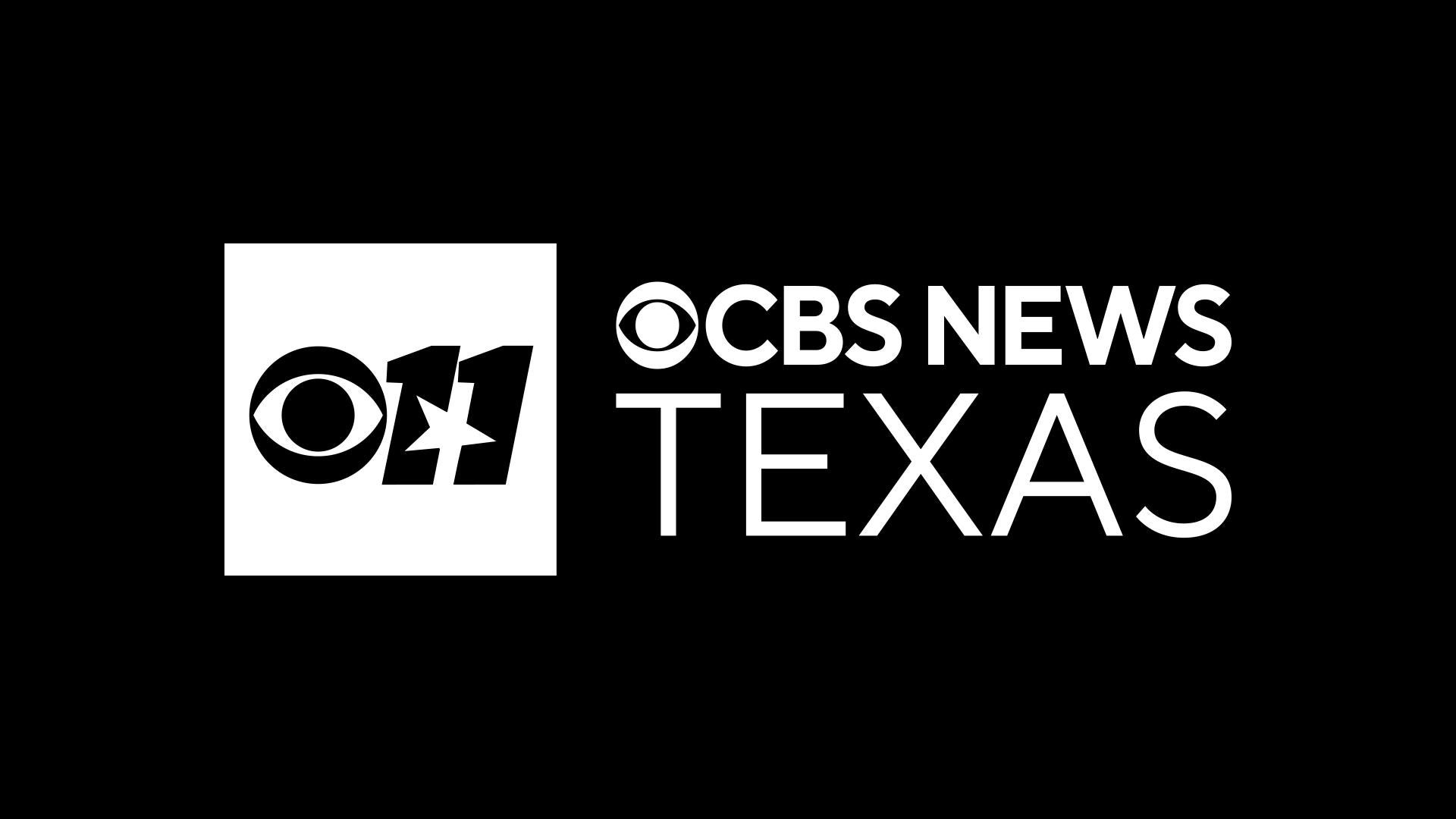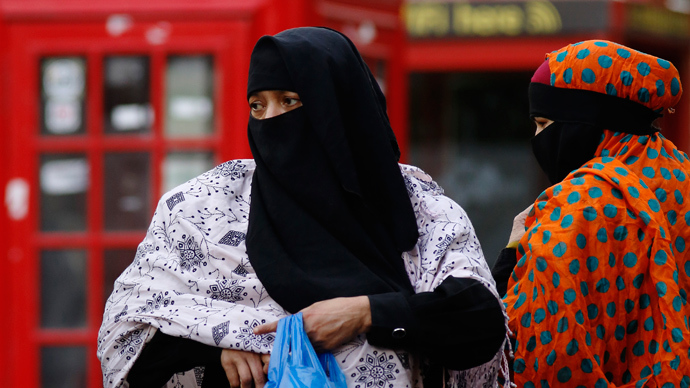They "say" they won't override state/federal laws...
IRVING (CBS 11 NEWS) - It is how Muslims settle disputes in many countries in the Middle East.
But now North Texas is home to what is believed to be the first official Islamic Tribunal that follows Sharia Law.
“In their mind, the misconception about what they see through the media is that Sharia means cut the head, chop the heads, cut the hands and we are not doing that,” said Imam Moujahed Bakhach, one of the tribunal judges.
Bakhach, along with three other religious judges, make up the Islamic Tribunal.
“We have no authority to force anybody or to make it binding up on if they don’t like it or don’t except it,” said Bakhach.
Guided by the Muslim religious moral code known as “Sharia,” the judges are offering up their services to handle case involving divorce, business problems, and other disputes among the community.
“There are no disputes at all because we deal with just fix and deal with the religious part. We cannot deal with anything else, even in the civil law,” said Dr. Taher El-badawi, a tribunal judge.
Dr. El-badawi said they do not handle criminal accusations, child support, custody battles or any transfer of assets.
“People are concerned that there are conflicts between Sharia Law and state law or whatever else. So that’s an important area we need to watch,” said John DeGroote, a lawyer who practices business mediation and is an arbitrator.
DeGroote said he sees parallels to his out-of-court mediations.
“If it’s non-binding and simply helps people guide their way through the dispute, all the better,” said DeGroote.
Bakhach said state and federal law will always take precedent. It is why the judges have made it the first article in the Islamic Tribunal’s constitution.
“We are not here to invade the White House or invade Austin. We are humble and want to settle a problem between Muslims,” said Bakhach.
District Attorney Susan Hawk did not want to comment when reached by CBS 11.
But now North Texas is home to what is believed to be the first official Islamic Tribunal that follows Sharia Law.
“In their mind, the misconception about what they see through the media is that Sharia means cut the head, chop the heads, cut the hands and we are not doing that,” said Imam Moujahed Bakhach, one of the tribunal judges.
Bakhach, along with three other religious judges, make up the Islamic Tribunal.
“We have no authority to force anybody or to make it binding up on if they don’t like it or don’t except it,” said Bakhach.
Guided by the Muslim religious moral code known as “Sharia,” the judges are offering up their services to handle case involving divorce, business problems, and other disputes among the community.
“There are no disputes at all because we deal with just fix and deal with the religious part. We cannot deal with anything else, even in the civil law,” said Dr. Taher El-badawi, a tribunal judge.
Dr. El-badawi said they do not handle criminal accusations, child support, custody battles or any transfer of assets.
“People are concerned that there are conflicts between Sharia Law and state law or whatever else. So that’s an important area we need to watch,” said John DeGroote, a lawyer who practices business mediation and is an arbitrator.
DeGroote said he sees parallels to his out-of-court mediations.
“If it’s non-binding and simply helps people guide their way through the dispute, all the better,” said DeGroote.
Bakhach said state and federal law will always take precedent. It is why the judges have made it the first article in the Islamic Tribunal’s constitution.
“We are not here to invade the White House or invade Austin. We are humble and want to settle a problem between Muslims,” said Bakhach.
District Attorney Susan Hawk did not want to comment when reached by CBS 11.




Comment